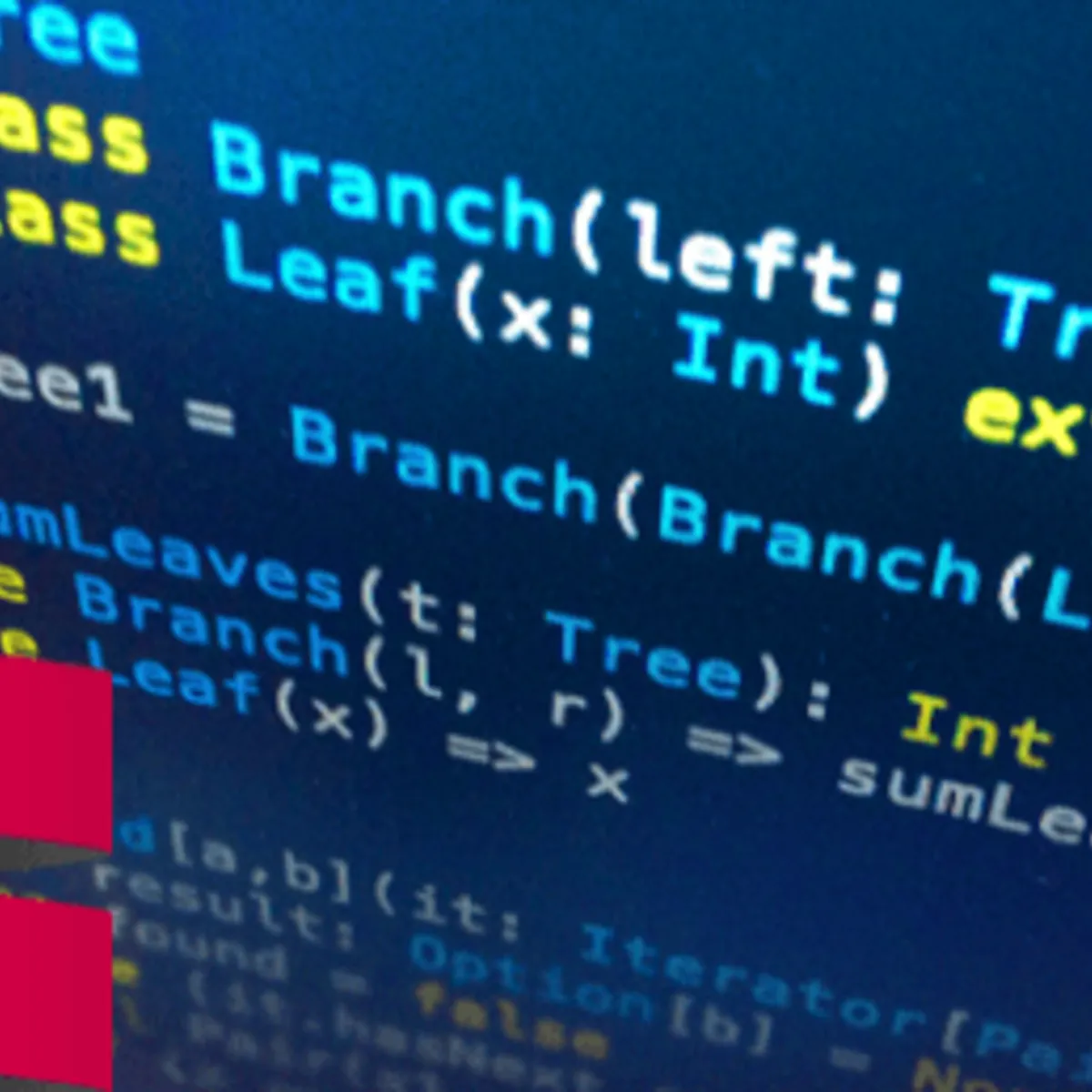
Maths for Data Science by DataTrained 
DataTrained's "Maths for Data Science" course provides an in-depth look at the application of linear algebra in Python programming. Gain a better understanding of the mathematics behind data science. ▼
ADVERTISEMENT
Course Feature
![]() Cost:
Cost:
Free
![]() Provider:
Provider:
Udemy
![]() Certificate:
Certificate:
No Information
![]() Language:
Language:
English
Course Overview
❗The content presented here is sourced directly from Udemy platform. For comprehensive course details, including enrollment information, simply click on the 'Go to class' link on our website.
Updated in [April 29th, 2023]
DataTrained's Maths for Data Science course provides an introduction to the use of the Python programming language to explore the application of key mathematical topics related to linear algebra. This course is designed to help students gain a better understanding of the mathematical concepts and techniques used in data science. Through the use of interactive lectures, hands-on activities, and real-world examples, students will gain an understanding of linear algebra and its application to data science. Topics covered include linear equations, matrices, vector spaces, linear transformations, and eigenvalues. Students will also learn how to use Python to solve linear algebra problems and apply the concepts to data science. By the end of the course, students will have a better understanding of the mathematical concepts and techniques used in data science.
[Applications]
The application of the course "Maths for Data Science by DataTrained" can be seen in various areas. It can be used to understand the fundamentals of linear algebra and its application in data science. It can also be used to gain a better understanding of the mathematics behind data science algorithms and techniques. Additionally, it can be used to develop a better understanding of the mathematics behind machine learning algorithms and techniques. Finally, it can be used to gain a better understanding of the mathematics behind deep learning algorithms and techniques.
[Career Paths]
1. Data Scientist: Data Scientists use mathematics, statistics, and programming to analyze data and develop insights. They are responsible for developing predictive models, uncovering trends, and creating visualizations to help organizations make better decisions. As the demand for data-driven decision-making increases, the need for Data Scientists is expected to grow.
2. Machine Learning Engineer: Machine Learning Engineers use mathematics, statistics, and programming to develop algorithms that can learn from data. They are responsible for designing, building, and deploying machine learning models that can be used to automate tasks and make predictions. As the demand for automation and predictive analytics increases, the need for Machine Learning Engineers is expected to grow.
3. Business Intelligence Analyst: Business Intelligence Analysts use mathematics, statistics, and programming to analyze data and develop insights. They are responsible for creating reports, dashboards, and visualizations to help organizations make better decisions. As the demand for data-driven decision-making increases, the need for Business Intelligence Analysts is expected to grow.
4. Data Analyst: Data Analysts use mathematics, statistics, and programming to analyze data and develop insights. They are responsible for uncovering trends, developing predictive models, and creating visualizations to help organizations make better decisions. As the demand for data-driven decision-making increases, the need for Data Analysts is expected to grow.
[Education Paths]
1. Bachelor of Science in Mathematics: This degree program provides students with a comprehensive understanding of mathematics, including calculus, linear algebra, and statistics. Students will learn how to apply mathematical principles to solve real-world problems. This degree is becoming increasingly popular as data science and analytics become more important in the workplace.
2. Master of Science in Data Science: This degree program focuses on the application of data science and analytics to solve complex problems. Students will learn how to use data to make decisions, develop predictive models, and create visualizations. This degree is becoming increasingly popular as businesses and organizations rely more heavily on data-driven decision making.
3. Master of Science in Artificial Intelligence: This degree program focuses on the development of algorithms and systems that can learn from data and make decisions. Students will learn how to design and implement machine learning algorithms, develop intelligent agents, and create autonomous systems. This degree is becoming increasingly popular as artificial intelligence and machine learning become more important in the workplace.
4. Doctor of Philosophy in Data Science: This degree program focuses on the development of advanced data science and analytics techniques. Students will learn how to develop and apply advanced algorithms and models to solve complex problems. This degree is becoming increasingly popular as businesses and organizations rely more heavily on data-driven decision making.
Course Syllabus
Understand how to work with vectors in Python
Understand the Basis and Projection of Vectors in Python
Work with Matrices
Matrix Multiplication
Matrix Division
Linear Transformations
Gaussian Elimination
Determinants
Orthogonal Matrices
Eigen values
Eigenvectors
PseudoInverse
Pros & Cons

Great refresher in data science and maths

Good, quick linear algebra refresher course

Great material and explanation

Perfect maths and teaching technique

Neat trick in Jupyter

Good Saturday brain food

Little explanation about linear algebra

Notebooks not available

Videos not in focus

Videos cut off abruptly

Assumed knowledge of maths unjustified

Small letters in code not visible

Same videos repeated

Disturbing OS sounds and popups

No prerequisites mentioned
Course Provider

Provider Udemy's Stats at AZClass
Discussion and Reviews
0.0 (Based on 0 reviews)
Explore Similar Online Courses

AI and Big Data in Global Health Improvement

Introduction to Spark SQL in Python

RDBMS PostgreSQL

Intro To PostgreSQL Databases With PgAdmin For Beginners

PostgreSQL: Client Applications

Mastering SQL using Postgresql

Database Design and Basic SQL in PostgreSQL

PostgreSQL: Advanced Queries

Spatial SQL with Postgres : A language for geographers

Learn SQL Using PostgreSQL: From Zero to Hero

PostgreSQL Essential Training


Start your review of Maths for Data Science by DataTrained